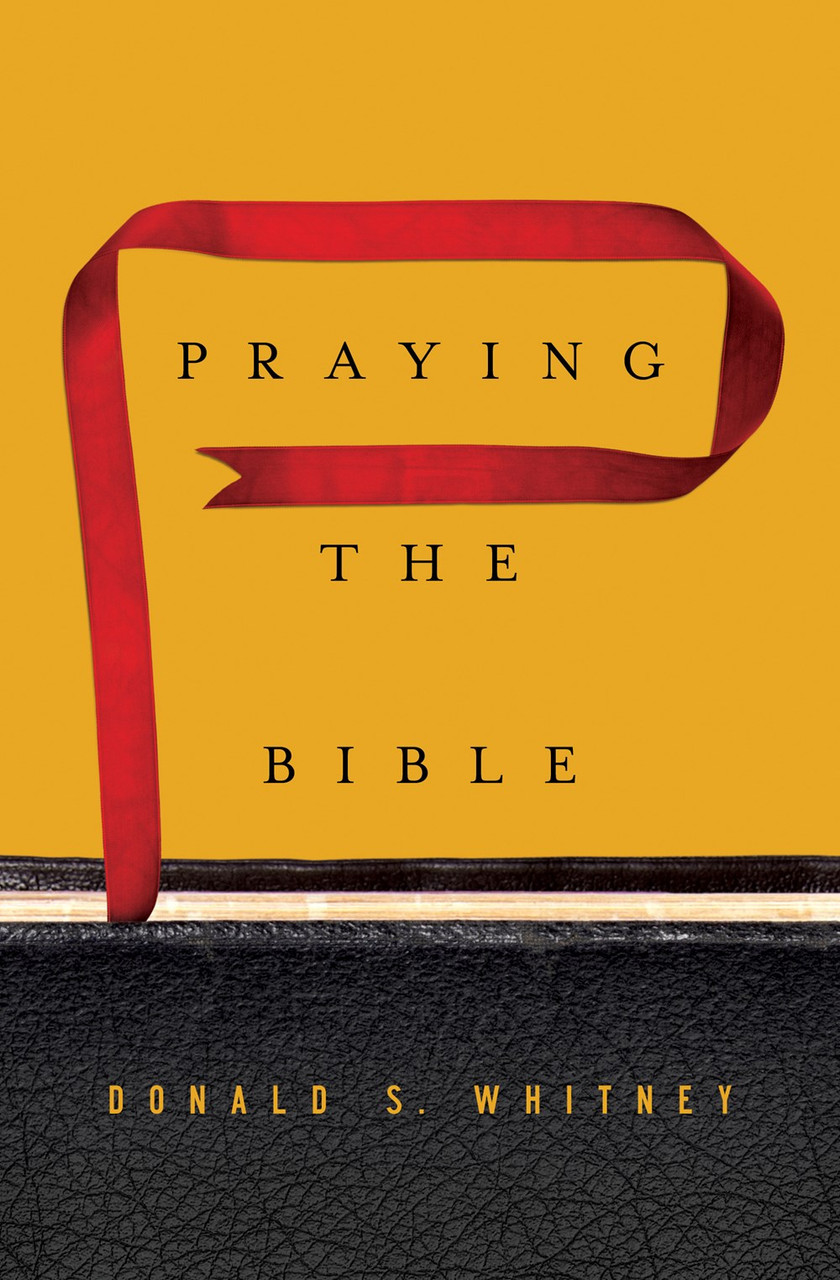
Well, you’re back, and we all bless and thank God for it. God has taken your summer sacrifice of sharing the gospel and planting churches among the least, last, and lost and used it to advance His kingdom. That said, let’s not too quickly announce this summer is your spiritual peak!
I want to talk to you about the crouching tiger waiting to pounce as you re-enter family, church, and class life upon your return. It’s a pitfall I’ve seen in myself and in many others, time and time again, where upon returning from a short overseas trip, I fall prey to pride.
Pride, you could say, is really the poisonous garden in which all the other sins of anger, greed, malice, covetousness, lust, and the like grow.
Thus, hear the Word of the Lord to you, short-term summer missionary:
“Pride comes before destruction, and an arrogant spirit before a fall.” (Proverbs 16:18)
Maybe you need to read that two times.
The Fork in Your Road
In God’s kind providence, I have had the privilege of studying the book of Proverbs in-depth for 10 years now. To really understand and apply any given individual proverb, you must understand its thematic-theological context (what an individual proverb means inside the literary whole of the book itself). This positions the reader of Proverbs not to interpret Proverbs in a topical fashion (which is suboptimal), but rather as God intended.
Proverbs, as an inerrant and God-delivered book, is controlled by one master metaphor which could be summed up in the phrase: “Life comes at us as a series of decisions between two different ways.” You could call this the two ways theme in Proverbs. It controls and informs the whole composition of Proverbs, as well as the individual proverbs and sections.
In essence, with every penny spent, you are choosing between wisdom and foolishness, righteousness and wickedness. Every friendship is a decision between wisdom and foolishness, or righteousness vs. wickedness. Every piece of counsel either accepted or rejected is a decision ultimately between a path of wisdom or foolishness, righteousness or wickedness. Every sexual thought or encounter is not isolated, but rather an investment in either a wise or foolish, righteous or wicked path.
God in Proverbs, then, wants to say to you, “To be alive is to be on a path—one of two paths, and that reality in my created world is irrevocable.”
As a short-term, summer missionary, you are at a fork in the road. Are you going to choose the wicked path of pride that leads to death (death of something!), or the path of humility that leads to life Himself—the Son of God?
Proverbs 16:17 warns us to beware the path of pride. It is a warning. You will immobilize yourself for God’s glory and your sanctification if you pursue the path of pride.
In that spirit, I have three warnings for you:
1. First, beware of the prideful path of spiritual complacency
After a big win or accomplishment, there is this strange pattern that seems to occur: complacency.
The children of Israel became Olympic-level grumblers and complainers after they crossed the Red Sea. They weren’t even the ones who accomplished the feat, and yet they fell into complacency (Exodus 16).
Elijah, after slaying 500 Prophets of Baal, embarrassingly fled in fear and trembling from the pagan witch queen Jezebel. God was for him, so who could’ve been against him (Romans 8:31)? And yet Elijah fell into fear of man and complacency (1 Kings 18-19).
There is a pattern. After big wins, we have to watch out for complacency. Your sacrifice overseas was a big win. Beware the pattern of “blowing it” by becoming complacent.
You’ll know you’ve fallen into spiritual complacency when your Bible reading seems drab and the Son of God seems boring in comparison to the adventures you had overseas. You’ll know you’ve fallen into complacency when the stateside souls of lost men seem trivial to you.
The cure for spiritual complacency is more Bible! More prayer! More dreaming and eventual execution of Great Commission plans.
You don’t need less spiritual nourishment, you need more. Maybe, just to taunt the devil and inflict a blow on the kingdom of darkness, decide to sit down for 10 hours and read John straight through. Beg God to make Himself precious and beautiful to you again. Likewise, go to a local coffee shop and resolve not to leave until you’ve had a meaningful conversation with a lost person. Maybe it’s time to learn Hebrew or Greek or the dialect of the people group you plan to go to next.
It’s time to share the gospel, friend. It’s time to train and then go back out again. It is not time for complacency.
2. Second, beware of the prideful path of spiritual elitism
Upon your return, you don’t want to become the freak-summer-missionary version of what Paul articulates in Philippians 3 about his pre-Christian self.
I re-wrote Philippians 3 as if Pharisee Paul had been a freak-short-term-summer-missionary-Paul instead. à la Philippians 3:4–8:
“…though I myself have reason for confidence in my short-term missionary accomplishments and also my completion of mission work…If anyone else thinks he has reason for confidence in his short-term missionary work, I have more: sent out from an elite American sending agency after a few weeks of training, I am of the people of Evangelicals, of the tribe of Baptists/Presbyterian/Charismatics, as to a foot soldier in the army of God I am of a missionary rank; as to hard places, mine was the hardest, in the 10/40 window even! When I evangelized, I was nearly persecuted! As to the law of Bible-reading while overseas, a blameless Quiet Timer.”
Stings a little bit, eh?! Like looking in the mirror a bit?
But Paul knew his true status in Christ when he wrote:
“But whatever gain I had, I counted as loss for the sake of Christ. Indeed, I count everything as loss because of the surpassing worth of knowing Christ Jesus my Lord. For his sake I have suffered the loss of all things and count them as rubbish, in order that I may gain Christ.” (Philippians 3:7-8)
You’ll know when you’ve fallen into spiritual elitism when you start expecting people to note or acknowledge your sacrifice. You’ll want your lowly hearers not so much to grovel in your presence on account of your sacrifice, but you would like them to accentuate your kingdom status just a bit.
You’ll know you’ve fallen to spiritual elitism when you like to say things like: “You know, that reminds me of the time this last Summer when I was sharing the gospel on the moon with the aliens there…”
You’ll know if you’ve fallen to spiritual elitism when you are more willing to share the gospel in your hard-to-reach place than you are in your own hometown. If that is you, you have fallen into the trap of spiritual pride. You are nurturing thoughts of pride in your heart that you are not a normal church member, but rather something of a Navy Seal in the Kingdom of God. How tragic.
The cure for such spiritual elitism is to follow Jesus’ humility in Matthew 9, where Jesus sees the people disheartened and helpless, and did not shoo them away as sinful fools, but instead healed them. He took time to condescend to them and taught them. He was compassionate toward them and preached life to them. You, precious saint, ought to engage with family, friends, and church members in their ignorance of the global gospel need. Don’t shame them. It’s a losing strategy anyway.
God doesn’t only care for those overseas, after all, for there is no such thing as “overseas” to Him. All seas, souls, and lands are His, and He cares greatly for all peoples. So don’t take up the mantle of elitism thinking you’re in a different category than other Christians.
3. Third, beware of the prideful path of godless nostalgia
Lastly, beware the temptation and tendency to drift into godless nostalgia. Let me illustrate: nobody wants to be that 48-year-old guy who is still talking about how his team barely missed the playoffs in high school, and if they’d made the playoffs, they’d surely have won the championship and he would’ve been the MVP of the game. How embarrassing!
Here’s the point: Your summer deployment and short-term missions sacrifice was real and important, but it ought not be your spiritual peak. If it is, you’ve probably fallen into the pride of godless nostalgia. Pride metastasizes—then we often fall unawares, only able to see how far we fell years later.
The cure for prideful nostalgia is, by God’s grace, to dream a new dream! And not just dream a new dream, but execute it. Get to work taking that next hill, be it stateside, overseas, or in the realm of personal holiness.
God the Son had every reason—literally every reason—in the universe (because he made it) to be prideful. And yet instead, He assumed flesh and died in the stead of sinners like you and me.
Not once did Christ walk the path of pride—not once. He ought to be worshiped and adored for this. Ask him to allow you the strength, vision, and fortitude to follow Him out of the death clutches of your pride.
Beware the prideful path of spiritual complacency, elitism, and nostalgia. By God’s Grace, our Triune God sent you and sustained you and has brought you back stateside. Your family, friends, and local church are not there to slow you down in pursuit of the Great Commission, friend. God more likely has placed them in your life to sanctify you. Now, go plan your next short-term mission trip.
How does God's Word impact our prayers?

God invites His children to talk with Him, yet our prayers often become repetitive and stale. How do we have a real conversation with God? How do we come to know Him so that we may pray for His will as our own?
In the Bible, God speaks to us as His children and gives us words for prayer—to praise Him, confess our sins, and request His help in our lives.
We’re giving away a free eBook copy of Praying the Bible, where Donald S. Whitney offers practical insight to help Christians talk to God with the words of Scripture.

